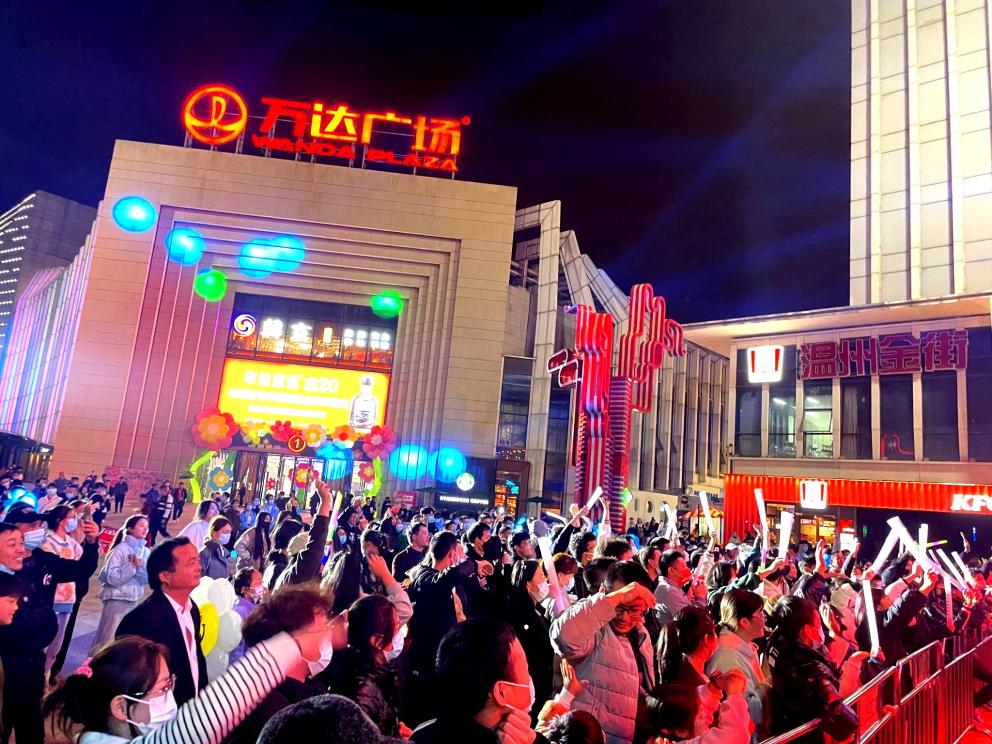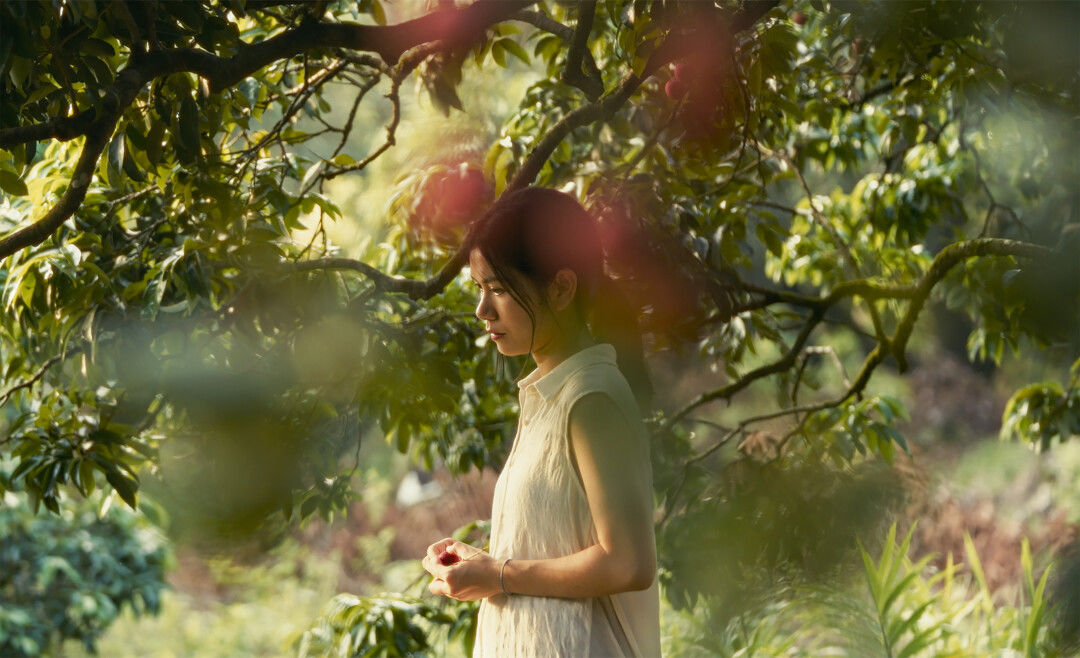Original Jasen Public Welfare Times Zhonghua Caixun
World Consumer Rights Day
It’s another year of International Consumer Rights Day. Without any accident, today’s hot search seat has been booked by CCTV 315 party.
Every year 315, there is a hot search every year! What are you concerned about this year?
This morning, the circle of friends in the industry was screened by the article "3 15 | China Welfare Lottery, Responsibility First, Integrity First". As the article said, in the lottery industry, lottery players are both practitioners of public welfare and consumers. Then let’s talk about the rights and interests of lottery consumers!
As we all know, consumers’ rights and interests refer to the rights and interests that consumers enjoy in accordance with the law when they receive goods or services for compensation, and in a certain period of time. It is a right given to the end users of goods to meet the objective needs of economic operation under certain social and economic relations. As early as the early 1960s, the International Consumers’ Union had determined that consumers had nine basic rights, such as the right to security, the right to know the truth, the right to choose independently, the right to fair trade, and the right to supervise and criticize. China’s Consumer Protection Law also affirmed these rights of consumers.
Then, in the lottery industry, how are the lottery consumers’ rights and interests reflected in the lottery related laws and regulations?
1. Right to security: refers to the right of consumers to protect their personal and property safety from damage when purchasing or using commodities or receiving services.
There is no doubt about this. Lottery players, whether buying lottery tickets or accepting redemption services, have the right to protect their personal and property safety.
In order to protect the personal and property safety of lottery winners, Article 27 of the Regulations on Lottery Management stipulates that lottery issuers, lottery sales organizations, lottery agents and other personnel who know the personal information of lottery winners due to their positions or business convenience shall keep the personal information of lottery winners confidential; Article 43 of the Detailed Rules for the Implementation of the Regulations on Lottery Management also stipulates that lottery issuers, lottery sales organizations, lottery agents and their staff members shall not ask lottery winners to donate winning prizes for any reason and in any way against their own wishes.
Therefore, if you encounter personal and property safety damage when buying lottery tickets, it may be a "black shop", please call the police immediately.
2. Right to know the truth: it is the right of consumers to know the real situation of the goods they buy or use or the services they receive.
Lottery issuance aims at public welfare, and lottery buyers are doing public welfare. Therefore, lottery players’ right to know has always been a right stipulated in lottery laws and regulations. With the expansion of lottery issuance and sales scale and the lottery public welfare fund playing an increasingly important role in social welfare and public welfare undertakings, the implementation of lottery players’ right to know has attracted more and more attention.
There are many provisions on lottery consumers’ right to know the truth in the Regulations on Lottery Management. For example, Article 11 stipulates that if the lottery varieties are approved to be opened or stopped or the examination and approval items of lottery varieties are changed, the lottery issuing institution shall announce the relevant information to the public 10 natural days before the opening, change and suspension. Article 24 stipulates that lottery issuing institutions and lottery sales institutions shall, after the sales of each lottery, announce the sales of the current lottery and the lottery results to the public in a timely manner. Article 36 stipulates that the management and use units of lottery public welfare funds shall be subject to the supervision of financial departments, audit institutions and the public according to law; Units that manage and use lottery public welfare funds shall announce the use of public welfare funds to the public every year. Article 37 stipulates that the financial departments of the State Council and the people’s governments of provinces, autonomous regions and municipalities directly under the Central Government shall report to the people’s governments at the corresponding levels on the collection, distribution and use of lottery public welfare funds in the previous year, and make an announcement to the public.
The detailed rules for the implementation of the lottery management regulations have refined these regulations. For example, Article 31 stipulates that lottery issuers and lottery sales organizations shall announce to the public the sales volume, winning amount, prize pool fund balance and adjustment fund balance of each lottery variety in the previous year before May 31 each year. Article 39 stipulates that lottery issuing agencies and lottery sales agencies shall timely, accurately and completely announce the lottery sales and lottery draws in the current period to the public, including: (1) the name of the lottery game, the date or issue number of the lottery; (two) the current lottery sales amount; (3) The lottery results of the current period; (four) the balance of the prize pool funds; (5) the redemption period.
The right to know the truth is not only an urgent right for lottery consumers, but also a right for the public to the lottery industry.
3. Independent choice: consumers have the right to choose their own goods or services.
In China, lottery sales adhere to the principle of voluntary purchase by lottery players. When buying lottery tickets, lottery players have the right to choose which games to bet on and which games not to bet on, and they can also refuse the bundled sales and forced buying and selling of lottery agents.
Article 2 of the Regulations on Lottery Management clearly stipulates that the lottery mentioned in this Regulation refers to the certificate that the state issues and sells according to law in order to raise social welfare funds and promote the development of social welfare undertakings, and natural persons purchase it voluntarily and get the chance to win the prize according to specific rules. At the same time, Article 18 also stipulates that lottery issuers, lottery sales agencies and lottery agents shall not make false or misleading propaganda, and shall not engage in unfair competition by means of slandering peers.
4. Fair trade right: refers to the right of consumers to obtain fair trade such as quality assurance, reasonable price and correct measurement when purchasing goods or receiving services.
Article 4 of the Regulations on Lottery Management clearly stipulates that the issuance, sale and drawing of lottery tickets shall follow the principles of openness, fairness, impartiality, honesty and credibility.
As we all know, the sales price of lottery tickets is clearly stipulated. The computer ticket game 2 yuan pays a note, that is, the invoice has different face values, which is also a "clearly marked price". In order to ensure the fair trading rights of lottery players, lottery distribution and sales organizations have also stipulated that lottery agents shall not change or change the denomination of lottery tickets in disguise.
At the same time, lottery agents must provide lottery players with legal and compliant lottery tickets, that is, welfare lottery tickets and sports lottery tickets licensed by the State Council. Article 38 of the Regulations on Lottery Management stipulates that anyone who, in violation of these regulations, issues or sells lottery tickets without authorization, or issues or sells overseas lottery tickets in People’s Republic of China (PRC) constitutes a crime, shall be investigated for criminal responsibility according to law; If it does not constitute a crime, the public security organ shall impose administrative penalties on public security according to law; If there are illegal gains, the illegal gains shall be confiscated.
5. Right of supervision and criticism: refers to the right enjoyed by consumers to supervise goods and services and the protection of consumers’ rights and interests.
The right of supervision and criticism is also a right of lottery consumers, and the implementation of this right has a great relationship with the implementation of lottery players’ right to know. For example, Article 20 of the Regulations on Lottery Management stipulates that lottery issuing institutions and lottery sales institutions shall promptly announce the lottery issuance and sales to the public and accept the supervision of the public.
In addition, lottery sellers also enjoy the right to win the prize, that is, within the validity period of the prize, the lottery winners will win the prize with the winning lottery ticket and ID card, and the relevant sites and lottery agencies may not refuse to win the prize.
Article 25 of the Regulations on the Management of Lottery stipulates that the lottery winner shall present the winning lottery ticket to the designated place for redemption within 60 natural days from the date of drawing the lottery. If the rules of lottery varieties stipulate that it is necessary to show his identity document, he shall also show his identity document.
Original title: "315, Talk about the rights and interests of lottery consumers"










